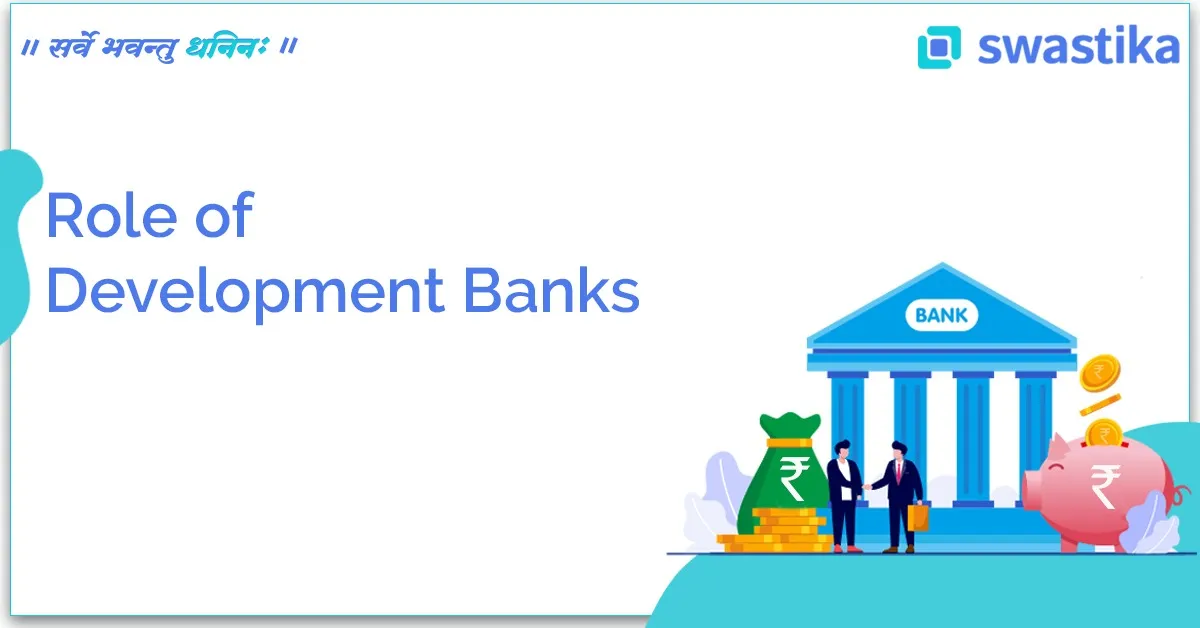Investment bankers and many investors tracking SME IPOs say that 2021 will be a record-breaking year for fundraising.
India is ready to make a record of the biggest IPO launching in the year 2021. In this blog, we will uncover all the reasons that why so many companies are going public this year:
Numerous companies including Policybazaar, Zomato, Paytm have gone public this year. Following the path of these giants, many more firms are expected to launch their IPO later this year.
This year, the companies are planning to raise the highest amount through IPO launching. Despite the impact of COVID 19, the companies are in a rush to go public.
Let’s try to figure out what is the top reason behind the IPO launching:
What is an IPO?
Initial public offering or IPO is a process under which a privately owned company offers its shares to people so that it can generate funds from investors. The process denotes the progress of a privately owned company to a public firm.
If an organization wants to become public, it has to follow two basic processes. Enter in the primary market to launch its IPO. Second, get listed on the stock exchange to become a publicly-traded company.
A few IPOs also include an Offer For Sale (OFS), which permits existing investors or promoters to minimize their shareholding in the listed companies.
Nevertheless, the amount raised through the OFS generally goes to private investors making their value available for sale.
Initial public offerings are a huge achievement for any company. They are raised when the company concludes it requires capital for a specific reason, like development, growth debt clearance, and funding corporate costs.
Any organization or startup doesn't grow immediately since its inception; they in the long run develop over a period to become more profitable and organized.
Different rounds of funding at the beginning stage and the further mixture of capital through private and private supporters lead to a company’s development.
There comes a turning point in any organization where its growth is soaked, and however the development rate may be positive, there is a flattened growth by a reduction in the rate.
At such a period, many companies are planning to go public via IPO to raise capital from the public.
There are times when a company is making a good profit, however, it needs more capital for development, growth and expansion as all the profits generated by it goes into debt clearance.
In such cases, going public not only helps the company to clear its debt but also utilizes its raised capital for the company’s further growth.
How do IPO’s Work?
Before going public, the privately held company seeks approval from the market regulator i.e. SEBI. Once it’s done, it starts revealing key insights regarding the IPO.
The key details include the price band for the IPO, lot size, launching date and distribution of share sales for various types of financial investors — non-institutional financial investors, institutional financial investors, existing employees and angel investors.
When the IPO process has begun, the company’s shares first start trading in the grey market — the informal market for unlisted shares. The process continues to take place till they are listed on the bourses.
It may be noticed that the grey market stocks are exchanged over-the-counter (OTC) and are not presented by the stock exchange; only traders are permitted to deal with them.
Investors normally get a small period i.e. typically 2-3 days to subscribe to a company’s public offering post IPO launching date.
During this period, investors (mostly retail investors) can bid for the offers through different stock trading platforms.
As the time period of IPO gets over, investors are required to check their IPO allotment status at their designation status on accessible channels - either the registrar or at the BSE site.
After the completion of allotment, the shares of the company get listed on the stock exchanges on a predetermined date.
Why IPO Rush: Reasons Why So Many Companies Going Public This year?
It has been seen that Several organizations have gone public regarding fundraising a year ago. Data suggest that organizations raised funds as much as $4.6 billion from IPOs last year. Analysts and investment bankers feel that this sum will be effectively outperformed in 2021 as more organizations are going for public offerings.
A head of investment banking at UBS India told Bloomberg that companies will generate twice the revenue as expected in the last year.
Many organizations have decided on IPOs at the end of 2020, because of the effect of the Covid-19 pandemic on business and the several securities exchange movements.
Experts further suggested that organizations are going public because of the highest performance found in the stock market and higher support of HNIs or high net worth individuals.
A State Bank of India (SBI) report recommended that over 14.2 million new individual investors have taken an interest in the stock market in 2020-21.
Indeed, even as the pandemic hits hard on India's economy, the domestic stock market has not been affected at all.
In fact, stock market indices such as Nifty 50 and BSE 30 have performed better than before.
If we talk about the market performance, a higher percentage of IPOs have done outstandingly well and more investors are hoping to capitalize on this period.
Organizations that are going public either bring capital because of the losses experienced during the Covid-19 pandemic or finance business expansion because of high demand.
Many techs and online delivery companies like Paytm, Nykaa, Zomato have gone public and the key reason is to raise capital and extend the business as the demand grows rapidly.
In the next few years, analysts expect over 50 digital tech companies will get listed on the bourses.


.png)




.webp)
.webp)

.webp)






